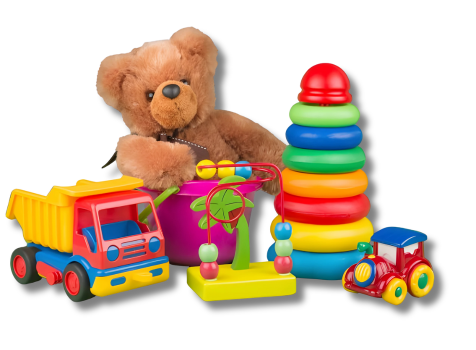The Bureau of Indian requirements (BIS) Certification assures product quality, safety, and conformity to Indian requirements. It is necessary for a variety of products, including electronics, food, and industrial goods. The procedure involves assessing product eligibility, selecting the appropriate certification method (ISI Mark, CRS, FMCS, or Hallmarking), and submitting an application via the Manak Online Portal. Products are tested at BIS-approved labs, followed by a factory inspection (if necessary). After approval, a BIS license is issued, allowing you to use the ISI or CRS marks. Certification takes around 4-6 weeks to complete and must be renewed on a regular basis. BIS accreditation improves customer trust and market access. Foreign producers are subject to a unique FMCS framework.

Safety of Toys Part l Safety Aspects Related to Mechanical and Physical Properties
9873 (Part 1) : 2018Safety of Toys Part 2 Flammability
9873 (Part 2) : 2017Safety Requirements for Toys Part 3 Migration of Certain Elements
9873 (Part 3) : 2017Safety of Toys Part 4 Swings, Slides and Similar Activity Toys for Indoor and Outdoor Family Domestic Use
9873 (Part 4) : 2017Safety of Toys Part 7 Requirements and Test Methods for Finger Paints
9873 (Part 7) : 2017Safety of Toys Part 9 Certain Phthalates Esters in Toys and Children’s Products
9873 (Part 9) : 2017Non-electric toys are play items that do not require batteries or electricity, such as wooden blocks, dolls, puzzles, board games, and outdoor toys like kites and jump ropes.
In India, toy trademarks fall under Class 28 of the Trademark Classification (Nice Classification), covering games, toys, and sports equipment for legal protection.
The IS number for non-electric toys in India is IS 9873, which specifies safety requirements for toys to ensure child safety and compliance with BIS standards.
The HSN code for non-electric toys is 9503, covering tricycles, dolls, puzzles, building blocks, and other similar toys under the GST classification.
The ISI mark is used on products like electrical appliances, cement, packaged water, toys, steel, and automotive components to ensure quality and safety as per BIS standards.